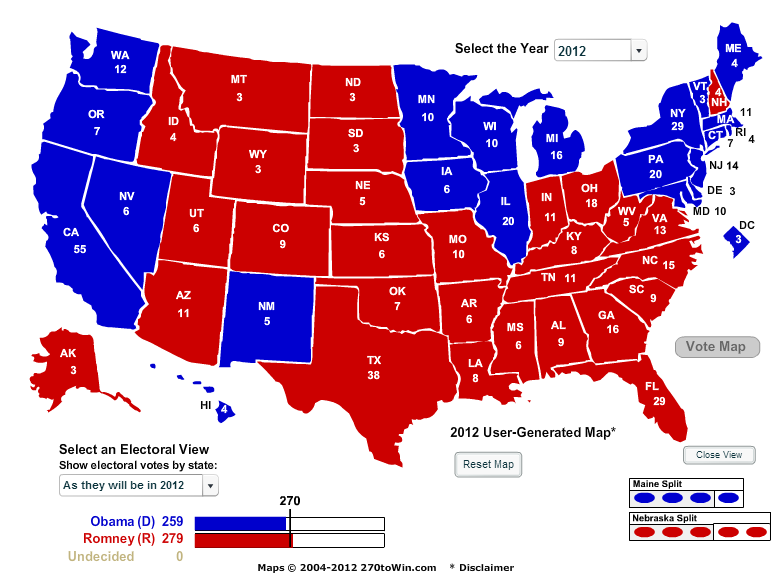The Senate Could Bork Obama's Nominee
I've been seeing a lot of left wing people celebrating the Supreme Court vacancy and calling for President Obama to nominate a replacement post haste. Furthermore, they state that such a staunch originalist as Scalia shouldn't argue for the President to wait or for the Senate to refuse to vote. They argue that the Constitution gives the President the authority to appoint a justice and he should do just that—and the Senate should support him.
It's not that I don't see some level of irony here, but I don't think it's as stark as my friends on the left do. Two points.
-
The Constitution doesn't specify a time frame for appointing a replacement. "He shall nominate, and by and with the advice and consent of the Senate, shall appoint ... judges of the Supreme Court". It's not going against the original text to say that the President should wait. He doesn't have to, but neither is he required to rush into things.
-
He can nominate, but the Senate has a duty to advise him and the nomination only turns into an appointment with the Senate's consent. I think the Senate (any Senate, of any party) is well within their rights to refuse to consent to nominees that they don't like.
In fact, the Senate's refusal to consent to the nomination of Judge Robert Bork is the reason why everyone got to celebrate Justice Kennedy's majority opinion in Obergefell instead of cursing Justice Bork's majority opinion in the same.
(Note that it was a Democrat Senate that refused to consent to a very conservative Reagan nominee that led to the nomination and confirmation of the much more moderate Justice Kennedy.)
This entry was tagged. Barack Obama Justice Scalia Supreme Court
